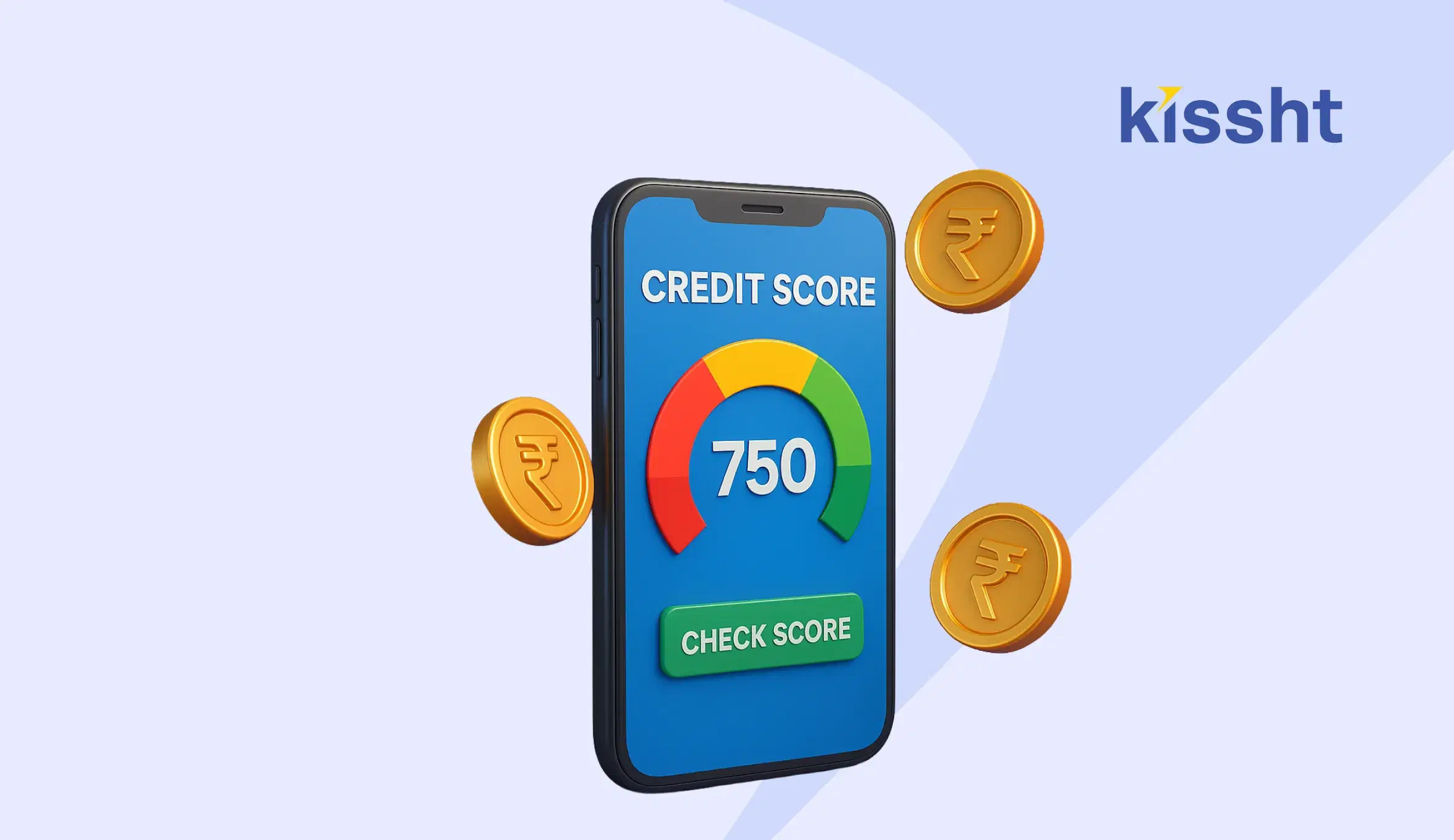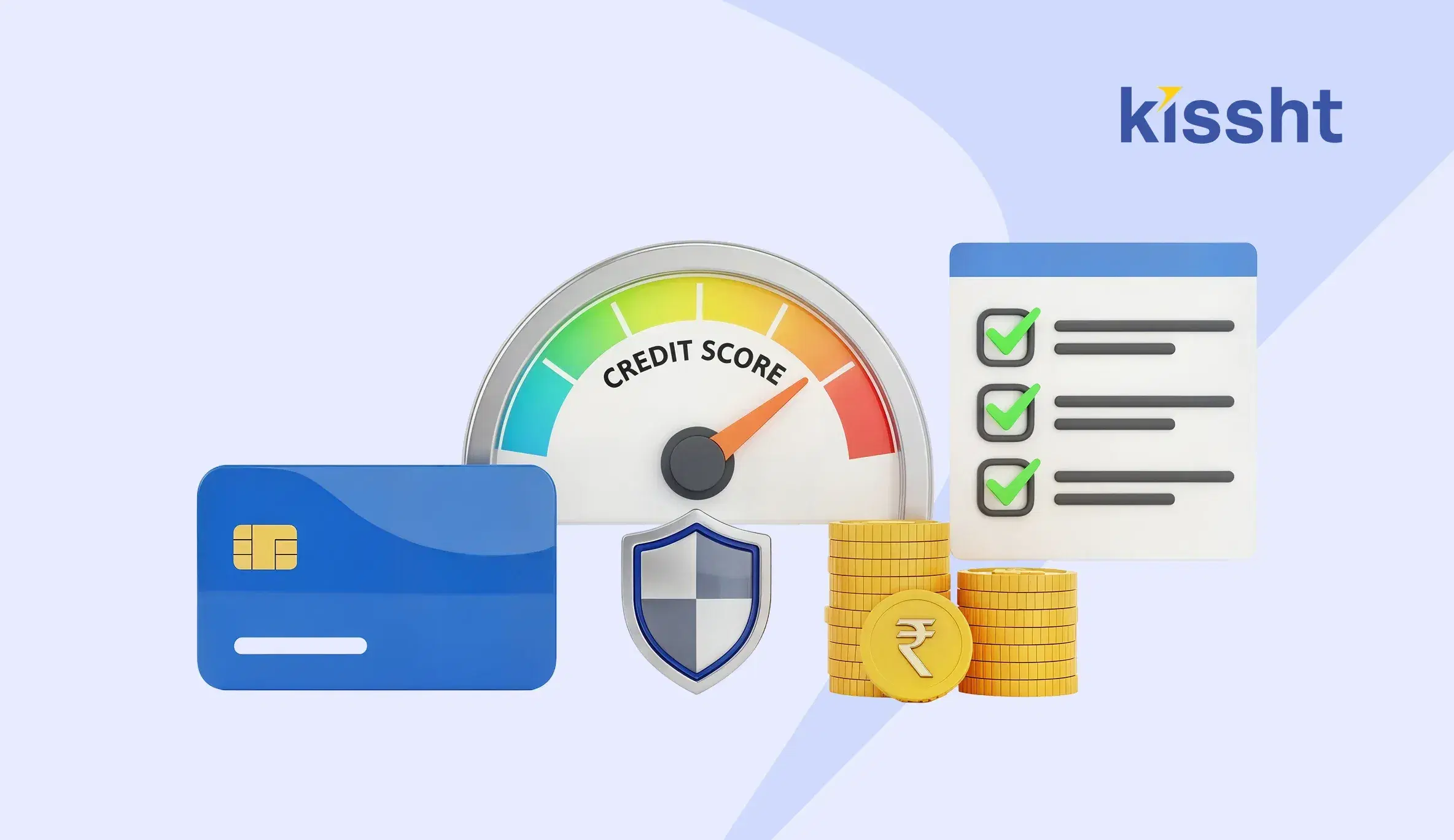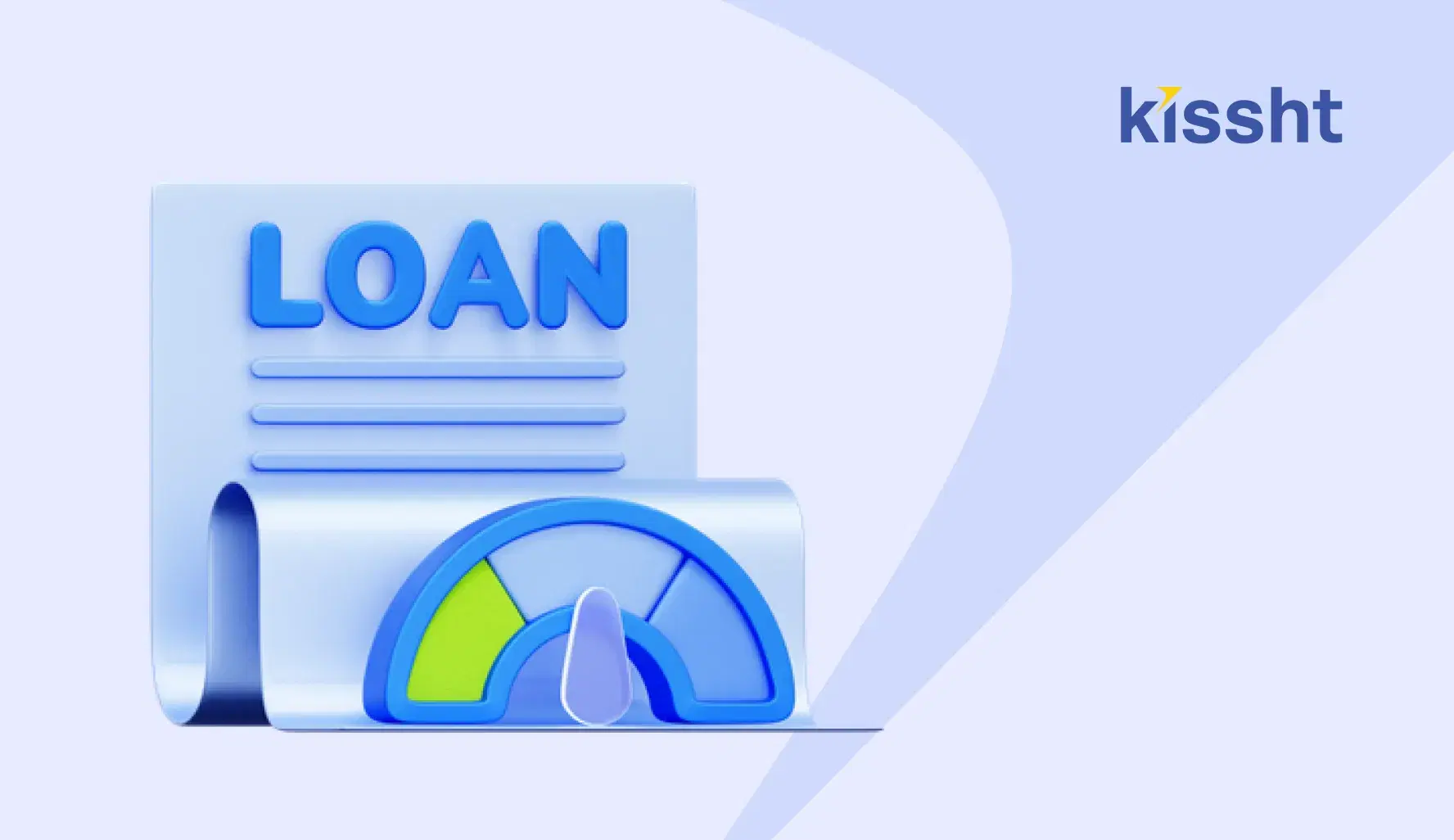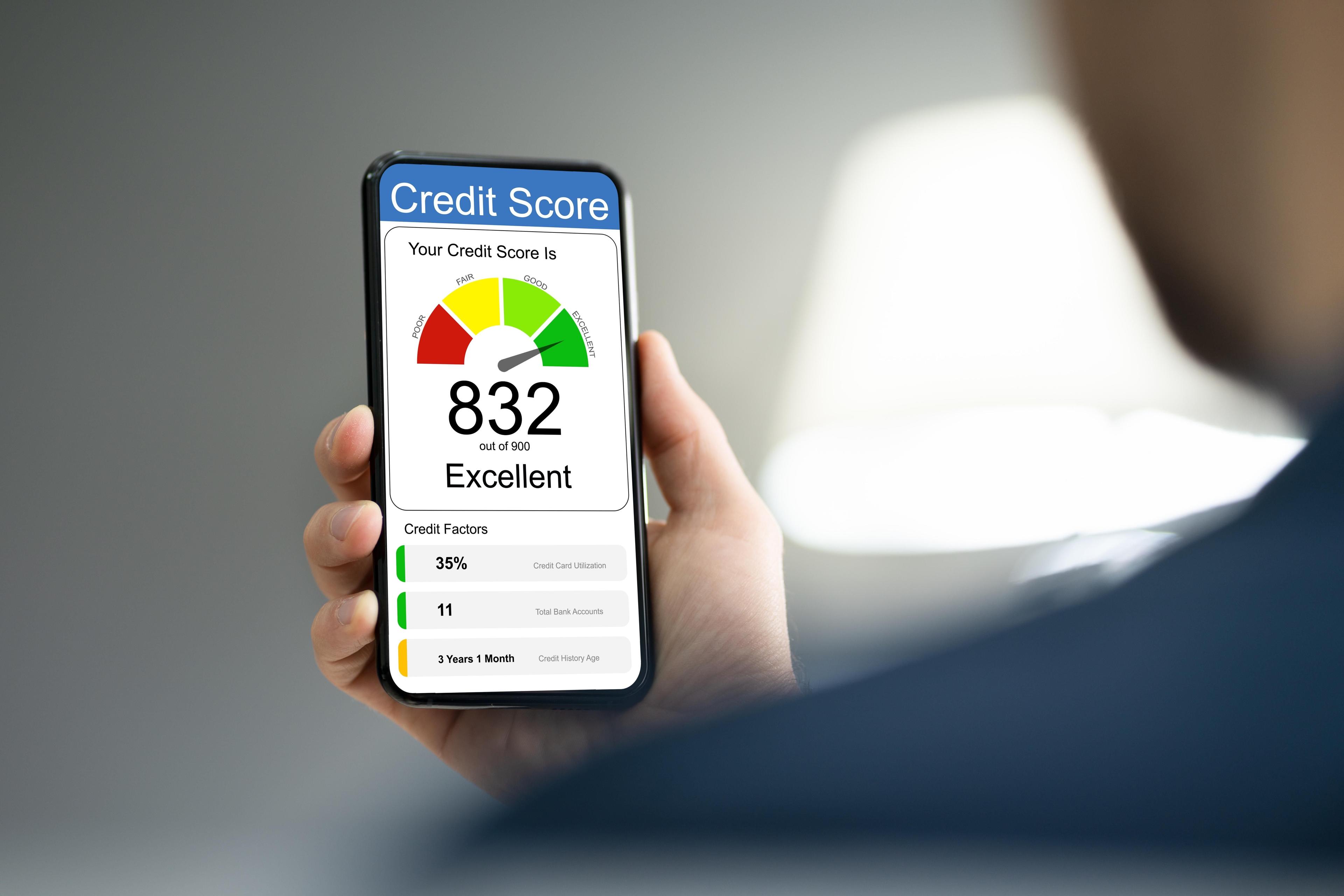Credit Score vs CIBIL Score: Are They the Same or Different?
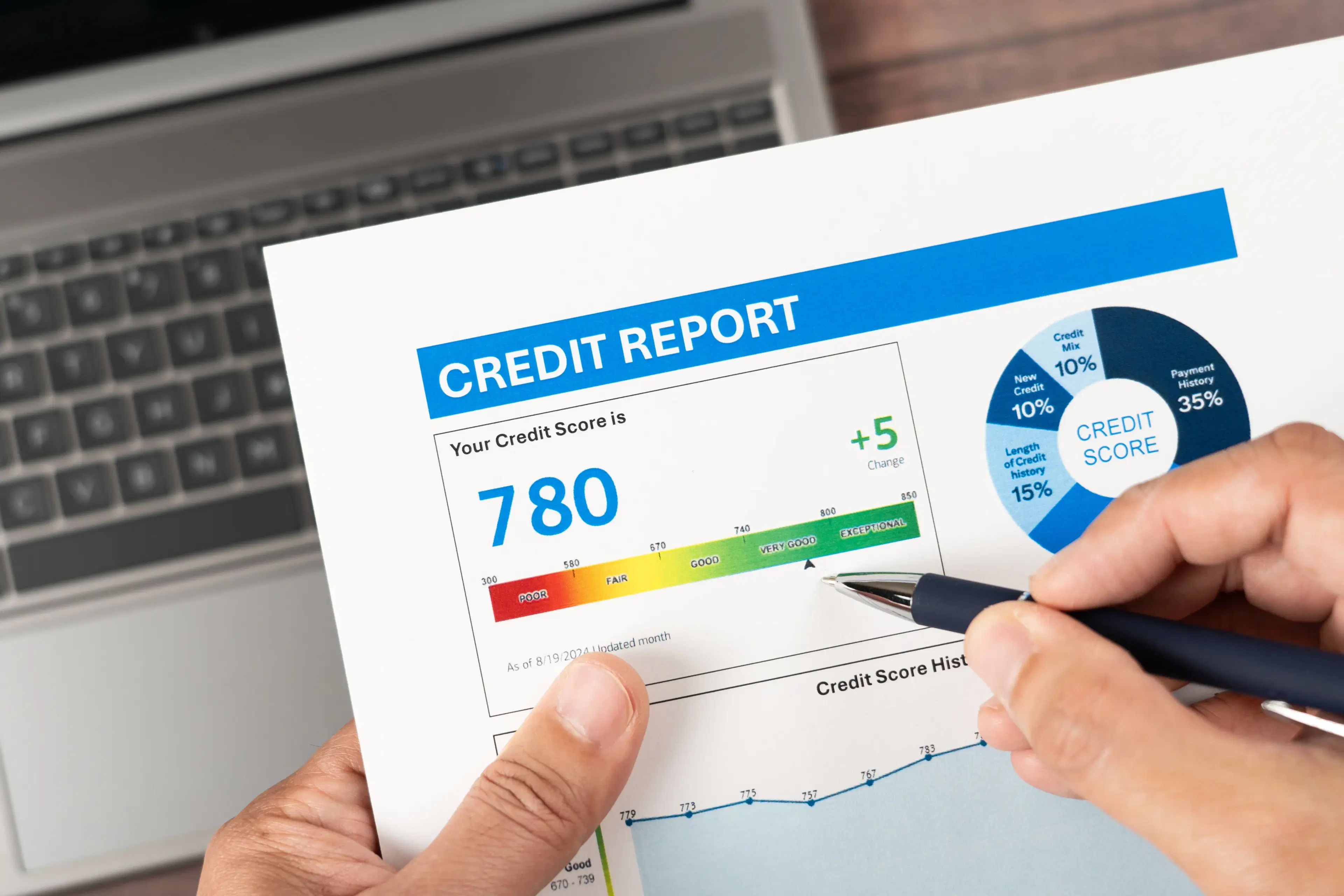
When it comes to borrowing money, whether through a traditional bank or an instant loan app, one of the first things lenders consider is your credit history. But in India, you may often hear two terms being used: credit score and CIBIL score. Are they the same? Or is there a subtle difference? Understanding both is important, especially if you’re planning to apply for a Kissht loan or any other form of instant loan online.
In this article, we will look at the credit score vs CIBIL score debate, clear the confusion, and explain why knowing the difference matters for every borrower.
What Is a Credit Score?
A credit score is a three-digit number that reflects your creditworthiness. It is based on your financial behaviour, especially how you handle credit and repayments. The score ranges from 300 to 900. The higher the score, the better your chances of getting approved for loans with favourable terms.
Credit score meaning: It is a numeric representation of your financial trustworthiness, derived from your credit history, including loan repayments, credit card usage, and outstanding debts.
Lenders use your credit score to evaluate how risky it might be to lend to you. This includes banks, non-banking financial companies, and even digital platforms offering online loans.
What Is CIBIL Score?
CIBIL score is a type of score generated by CIBIL. It stands for Credit Information Bureau (India) Limited, which is one of the four major credit bureaus in India.
CIBIL score meaning: It is the specific credit score issued by CIBIL based on your credit history with lenders.
CIBIL was the first credit bureau established in India, and because of its long-standing presence, the term "CIBIL score" is frequently used in place of "credit score". However, it’s important to know that there are other bureaus like Experian, Equifax, and CRIF High Mark that also generate credit scores.
So, Is CIBIL Score and Credit Score the Same?
This is where it gets interesting. While the two terms are often used interchangeably, they are not exactly the same.
CIBIL score vs credit score:
- Credit score is a term used to refer to the score given by any credit bureau.
- CIBIL score is the credit score provided specifically by CIBIL.
So, while all CIBIL scores are credit scores, not all credit scores are CIBIL scores.
This subtle but important distinction often gets lost in daily usage, but borrowers should be aware of it when checking their reports or applying for a loan.
Why Does the Confusion Exist?
The confusion arises because the CIBIL score was the first widely used credit scoring system in India. So people grew accustomed to calling any credit score a “CIBIL score”.
But, now that multiple credit bureaus operate in India, it’s more accurate to use the broader term “credit score” unless you are specifically referring to the score issued by CIBIL.
Importance of Checking Your Credit Score
Regularly monitoring your score helps you stay aware of your financial standing. Most modern platforms and apps provide a free credit score check, making it easier than ever to track your credit health. If you’re considering applying for a Kissht loan or another instant loan online, knowing your score beforehand can help you estimate your eligibility and interest rates.
What Is a CIBIL Report?
Your CIBIL report is a report of your credit history maintained by CIBIL. It consists-
- Personal information
- Employment details
- Loan and credit card accounts
- Payment history
- Outstanding balances
The score is derived from the data in this report. Errors in the CIBIL report can lower your score, so it's advisable to check the report periodically.
Credit Score and CIBIL Score- Key Differences
Let’s break down the credit score and CIBIL score difference more clearly-
| Factor | Credit Score | CIBIL Score |
|---|---|---|
| Definition | Generic term for credit rating | Score issued by CIBIL |
| Providers | CIBIL, Experian, Equifax, CRIF | Only CIBIL |
| Score Range | Typically 300 to 900 | 300 to 900 |
| Used By | All lenders | Mostly Indian lenders |
| Popularity | Gaining with digital lending | Most recognized in India |
What Is the Meaning of CIBIL Score for a Loan?
It refers to the CIBIL score that lenders check to evaluate if you are eligible for a loan. A high score (above 750) improves your chances of loan approval with lower interest rates. A low score might result in rejection or less favourable loan terms.
How Do You Improve Your Credit Score?
Improving your credit score, whether it's a CIBIL score or any other, involves-
- Timely repayment of EMIs and credit card bills
- Keeping your credit utilization low
- Avoiding too many loan inquiries in a short time
- Maintaining a balanced credit mix (secured and unsecured loans)
Using an instant loan app responsibly, like repaying short-term loans on time, can improve your score over time.
Credit Score vs CIBIL Score: Does It Matter?
Yes, especially when applying for loans. A lender may pull your score from any of the credit bureaus. So, while you may check your CIBIL score, your bank might use Experian or CRIF to assess your profile.
Knowing what both the scores are helps you manage expectations and focus on improving your overall credit profile.
Summary: Credit Score and CIBIL Score in Context
To recap:
- CIBIL score is one type of credit score.
- Credit score is a general term and can come from multiple bureaus.
- Both are crucial for loan eligibility.
- You should periodically check your credit score using trusted tools offering free credit score check.
- If you're planning to apply for a Kissht loan or any online loans, knowing your score can give you an edge.
Conclusion
Understanding the significant difference between a credit score and CIBIL score is essential for anyone seeking financial clarity and control. While credit score is a broad term used by various credit bureaus, CIBIL score refers specifically to the score generated by CIBIL. Both scores serve the same purpose, to reflect your creditworthiness, but are calculated by different agencies based on similar data points.
Whether you're planning to apply for an instant loan online or checking your free credit score to prepare for a larger financial goal, knowing the distinction helps you make informed decisions. Trusted instant loan apps like Kissht consider these scores when evaluating your eligibility, making it even more important to monitor and maintain a healthy credit profile.
In short, while credit score and CIBIL score are not exactly the same, they both play a pivotal role in your financial journey. Staying informed and checking your credit score regularly can help you unlock better financial opportunities.
FAQs
1. What is the full form of CIBIL score?
CIBIL stands for Credit Information Bureau (India) Limited. So, the full form of CIBIL score is the score provided by this bureau based on your credit history.
2. Can I get a loan with a low CIBIL score?
Yes, but you might be charged higher interest rates or limited loan amounts. Some NBFCs and digital platforms may still offer loans to those with lower scores, though at stricter terms.
3. How frequently should I review my credit score?
At least once every few months. Many platforms now offer a free credit score check, so there’s no reason to wait until you need a loan to find out your score.

Instant Loans at Your Fingertips
Personal Loan
Fast, hassle-free loan for your personal needs.

Business Loan
Fuel your business growth with quick approvals.

Loan Against Property
Unlock your property’s value with ease.

Credit Pulse
Boost your credit score with smart insights.

Track your credit score
Simply enter your mobile number to get a quick overview of your credit score.
Check Now

